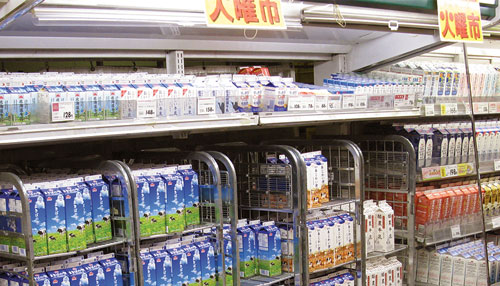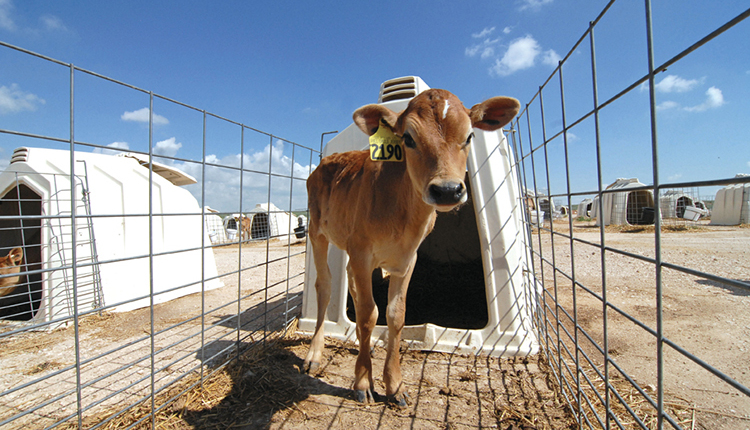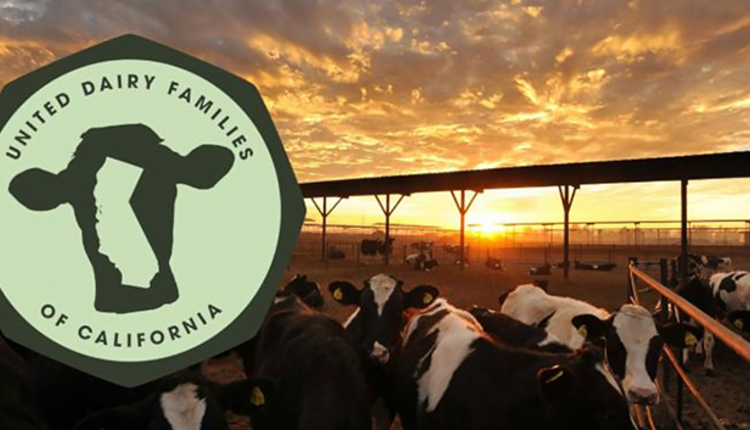
Dairy feed costs in Japan have always been high because most of it is imported, but in the past year, currency exchange rates have made them unbelievable.
On December 23, 2012, it took 84 Japanese yen to buy a U.S. dollar. Exactly one year later it took 104 yen. As a result, according to The Japan Times, the price of "compound feed" has soared to $592 per ton.
At the same time, producer pay prices are falling due to less consumption of high-priced fluid milk (the farm price is about $48 per hundredweight) and more consumption of low-priced manufactured products. (The farm price for cheese milk is about $22 per hundredweight, which is far below the cost of making it).
Japanese dairies are paid a true blend price by cooperatives based upon the sales of all products each month. But co-ops set product prices and decide which products to make, so as fluid consumption drops and cheese use rises, farmers' blend price falls.
If the current Trans-Pacific Partnership trade negotiations result in elimination of Japan's high dairy product tariffs, its dairy industry may be unable to compete for its own domestic markets.








